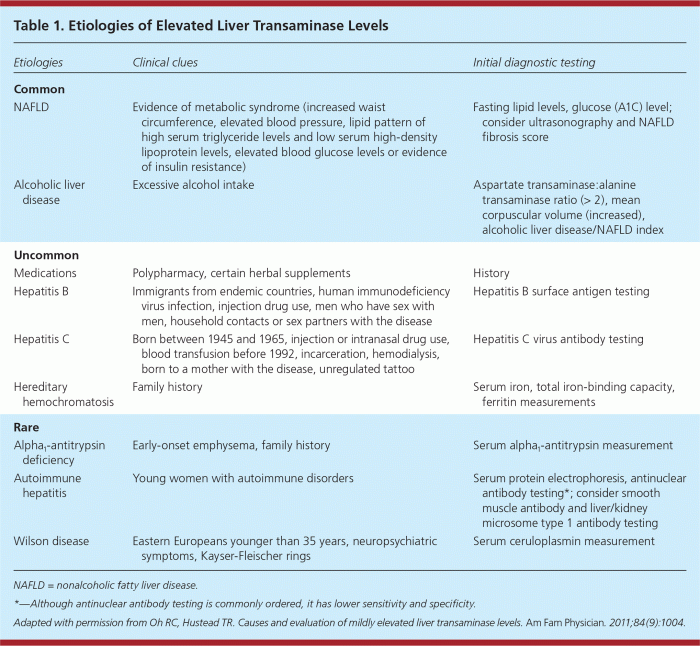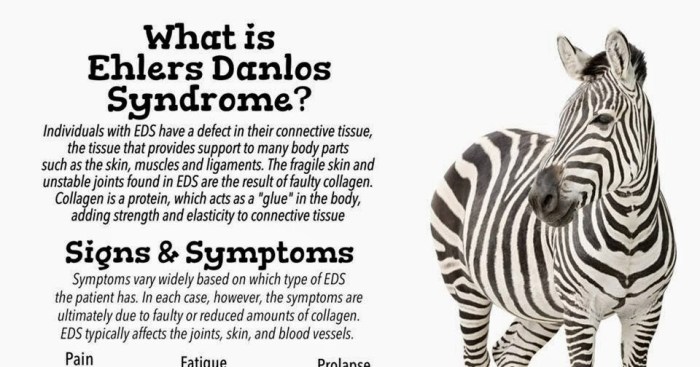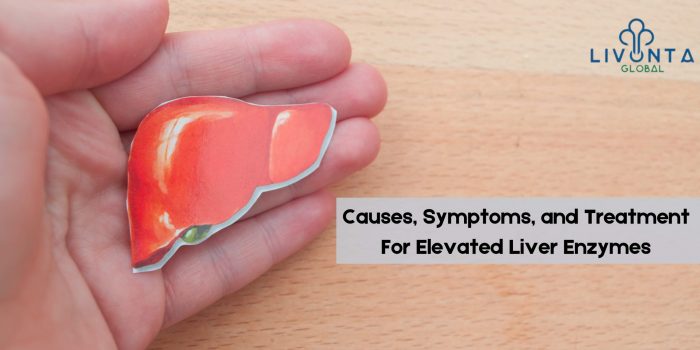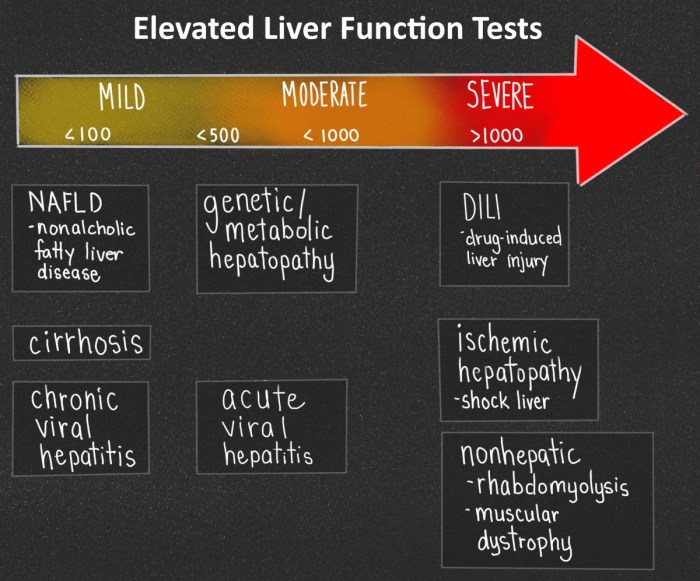Ehlers-danlos and elevated liver enzymes – Ehlers-Danlos syndrome (EDS) is a group of genetic disorders that affect the connective tissue throughout the body. Elevated liver enzymes are a common finding in EDS, and they can have a significant impact on the diagnosis and management of the condition.
This article provides an overview of the relationship between EDS and elevated liver enzymes. We will discuss the causes of elevated liver enzymes in EDS, the clinical implications of this finding, and the management of elevated liver enzymes in EDS patients.
Ehlers-Danlos Syndrome (EDS): Ehlers-danlos And Elevated Liver Enzymes

Ehlers-Danlos Syndrome (EDS) is a group of genetic disorders that affect the connective tissue throughout the body. Connective tissue provides strength and flexibility to skin, bones, blood vessels, and other organs. People with EDS have connective tissue that is weaker and more elastic than normal, which can lead to a variety of symptoms.
There are many different types of EDS, each with its own set of symptoms. Some of the most common symptoms of EDS include:
- Joint pain and instability
- Skin that is stretchy and fragile
- Easy bruising
- Dislocations
- Scoliosis
- Heart problems
- Vision problems
- Gastrointestinal problems
EDS is a relatively rare condition, affecting about 1 in 5,000 people.
Liver Enzymes
Liver enzymes are proteins that are produced by the liver. They play an important role in the body’s metabolism, helping to break down food, drugs, and other substances.
When the liver is damaged, liver enzymes can leak into the bloodstream. This can lead to elevated liver enzymes, which can be a sign of liver disease.
There are many different causes of elevated liver enzymes, including:
- Viral hepatitis
- Alcoholic liver disease
- Non-alcoholic fatty liver disease
- Autoimmune hepatitis
- Drug-induced liver injury
Ehlers-Danlos Syndrome and Elevated Liver Enzymes, Ehlers-danlos and elevated liver enzymes
There is a growing body of evidence that suggests that people with EDS are more likely to have elevated liver enzymes than the general population.
The exact reason for this is not known, but it is thought that the weaker connective tissue in people with EDS may make the liver more susceptible to damage.
There are several studies that have investigated the relationship between EDS and elevated liver enzymes. One study found that 25% of people with EDS had elevated liver enzymes, compared to only 5% of people without EDS.
Another study found that people with EDS who had elevated liver enzymes were more likely to have severe liver disease than people with EDS who did not have elevated liver enzymes.
Clinical Implications
The clinical implications of elevated liver enzymes in EDS are not fully understood.
However, it is important to note that elevated liver enzymes can be a sign of liver damage. Therefore, people with EDS who have elevated liver enzymes should be monitored closely for signs of liver disease.
In some cases, elevated liver enzymes in EDS may be a sign of a more serious underlying condition, such as autoimmune hepatitis or primary biliary cholangitis.
Therefore, it is important to see a doctor if you have EDS and have elevated liver enzymes.
Q&A
What is Ehlers-Danlos syndrome?
Ehlers-Danlos syndrome (EDS) is a group of genetic disorders that affect the connective tissue throughout the body. Connective tissue is a type of tissue that provides support and structure to the body. EDS can affect the skin, joints, blood vessels, and organs.
What are the symptoms of EDS?
The symptoms of EDS can vary depending on the type of EDS. Some common symptoms include joint pain and instability, skin that is stretchy and fragile, and easy bruising.
What causes elevated liver enzymes in EDS?
The exact cause of elevated liver enzymes in EDS is not known. However, it is thought to be related to the abnormal production of collagen, a protein that is found in connective tissue. Collagen is important for the proper function of the liver.
What are the clinical implications of elevated liver enzymes in EDS?
Elevated liver enzymes in EDS can indicate liver damage. This can lead to a number of health problems, including fatigue, abdominal pain, and jaundice. In severe cases, liver damage can be life-threatening.
How are elevated liver enzymes in EDS managed?
The management of elevated liver enzymes in EDS typically involves monitoring liver function tests and treating any underlying liver disease. Treatment for liver disease may include medication, lifestyle changes, and surgery.


